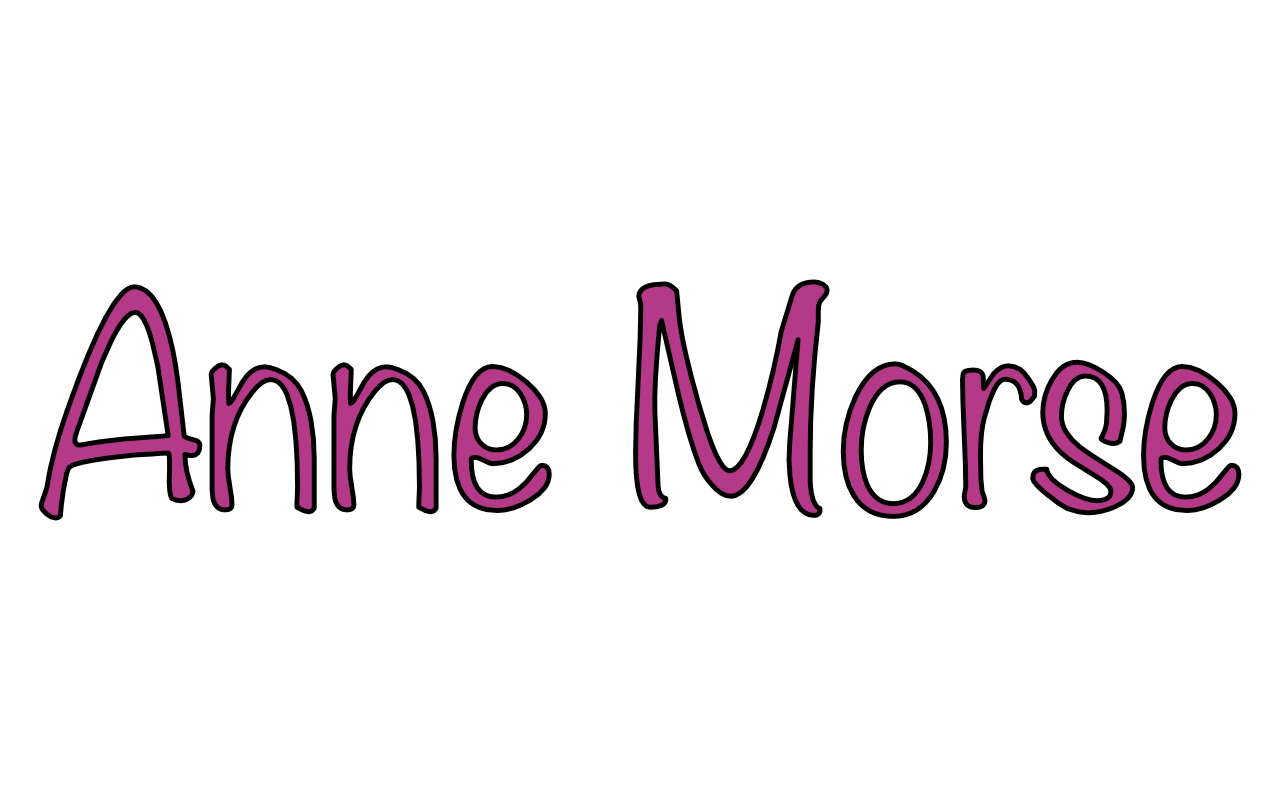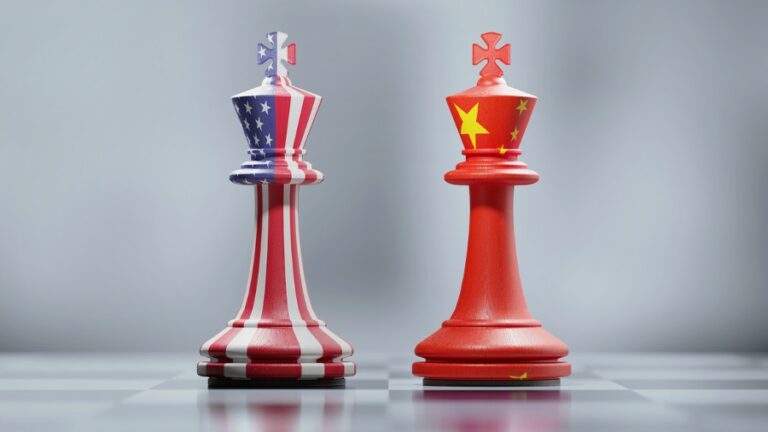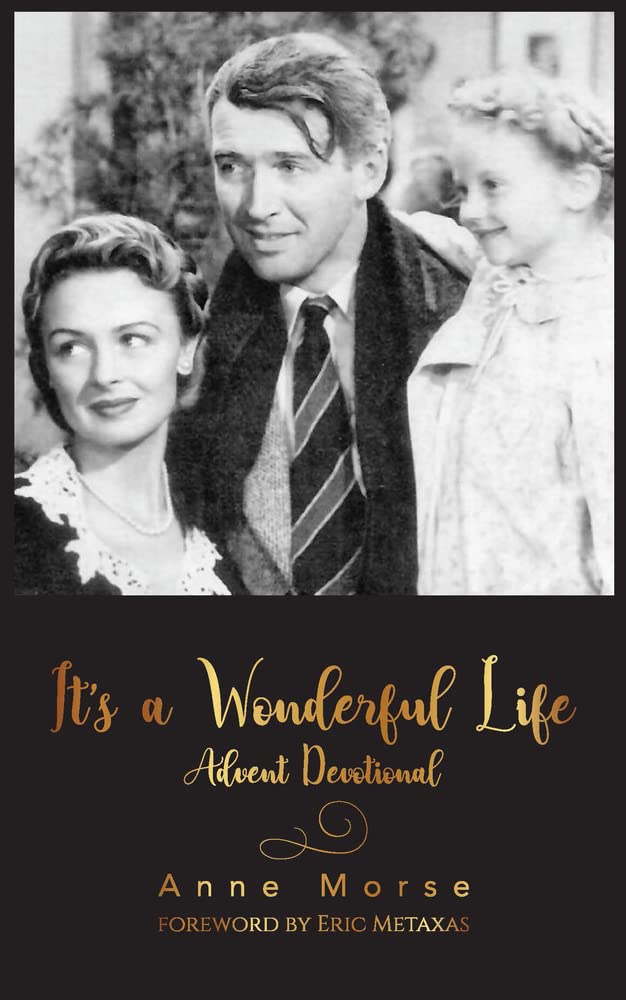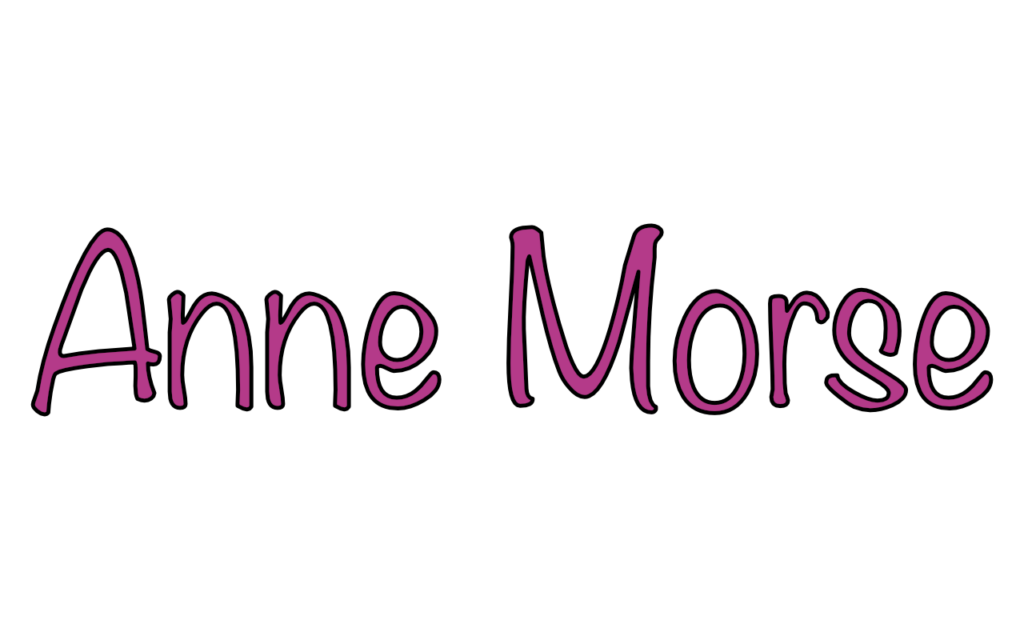This Article by Anne Morse was originally posted in The Stream.
Eight years ago today, the Turkish government arrested Andrew Brunson, an American missionary, and charged him with terrorism.
Brunson and his wife had spent 23 years in Turkey, founding churches and helping hundreds of refugees fleeing ISIS and Syria’s brutal Assad regime. To those who knew him, the idea that this peaceful man who loved the Turkish people was a terrorist was ludicrous. Members of Congress and many others immediately began efforts to free Brunson.
Members of my church had a special concern for Brunson. Before becoming a missionary, he had worked with us as an intern and subsequently preached in our sanctuary when he was home on furlough. Sunday after Sunday, our congregation stormed the heavens on his behalf, praying for Brunson’s safety in prison and for his release. We knew he was locked up with Muslims who would likely not look kindly on an American missionary whose job involved converting Turks away from Islam.
Nearly four months after Brunson’s arrest, Donald Trump became president and promptly started working toward Brunson’s release. In the spring of 2017, Trump invited Turkish President Recep Tayyip Erdogan to attend a summit in Washington. In a meeting that lasted just 23 minutes, Trump brought up Brunson three times. According to a witness, the expression on Erdogan’s face made it clear that he had just realized Brunson could be exploited as a bargaining chip.
Adding Charges
As the months drifted by, Brunson lost 50 pounds and endured an intense spiritual struggle. “I found myself plunged into the greatest crisis of faith and doubt that I had experienced in my life,” he recalls in his memoir, God’s Hostage.
In August 2017, as the U.S. and Turkey battled over the missionary’s fate, more charges against Brunson were added to the terrorism charges, including military espionage. At one point, the Turkish government wanted to give Brunson three life sentences in solitary confinement — a horrifying prospect.
In September, Erdogan announced that he was willing to exchange Brunson for Fethullah Gulen, an exiled political enemy living in Pennsylvania. The answer, of course, was “no.”
Trump continued to bring up Brunson in discussions with Erdogan, who persisted in claiming that Brunson was a terrorist and a spy. As Brunson notes in God’s Hostage, “Trump’s response was vehement and forceful: ‘Cut the BS. We know it’s not true.’”
When Brunson was finally put on trial, false witnesses told lie after lie, claiming they’d seen evidence that he was working for Turkey’s enemies. Meanwhile, the judge refused to allow Brunson’s defense witnesses to speak.
Brunson knew who was responsible for this: “My fate was controlled by one man only — Erdogan.”
Changing the Deal
Unexpectedly, on July 25, Brunson was released from prison and put under house arrest. Erdogan and Trump had agreed, as part of a complicated deal, that Brunson would be allowed to go home to America.
But at the last minute, the Turks increased their demands — demands to which Trump refused to accede. While on the phone with Erdogan, an outraged Trump banged his fist on his desk and yelled, “We had a deal!”
Turkish media claimed Trump had been mistaken: That Erdogan had actually said Brunson would be allowed to go home to his apartment in Ismir, not to America.
This was not the first deal Erdogan had broken, and Trump had had enough. He tweeted: “The United States will impose large sanctions on Turkey for their long-time detainment of pastor Andrew Brunson, a great Christian, family man and wonderful human being. He is suffering greatly. This innocent man of faith should be released immediately!”
Economic Sanctions
Trump instructed the US Treasury to implement the Global Magnitsky Act, blocking the assets of Turkey’s justice minister and interior minister, who were behind Brunson’s arrest and detention. He then doubled the tariffs on Turkish aluminum and steel, causing the Turkish lira to plummet. Spooked investors panicked and began withdrawing from Turkey, which led to a massive, $40 billion stock market loss.
“Turkey has taken advantage of the United States for many years,” Trump tweeted. “They are now holding our wonderful Christian Pastor … We will pay nothing for the release of an innocent man, but we are cutting back on Turkey!”
Still, Erdogan — like the biblical Pharaoh — refused to let Brunson go.
As Turkey’s economy continued its death spiral, Erdogan blamed the U.S. and Brunson himself, who wondered if he would be returned to prison. “My fear,” he recalls, “was that at some point President Trump could decide the price was too high — even though I was an innocent man. The miracle was that Trump was not backing down.”
He need not have worried. Trump sent a note to Brunson, saying, “Dear Pastor Andrew: We are praying for you, and we are working to bring you home. Keep the faith. We will win! God bless you. Sincerely, Donald Trump.”
The Greatest Lengths
Turkey’s last, desperate demand was that the U.S. pay a ransom of $1.9 billion for Brunson. Nope, Trump said.
The next day — October 12, 2018 — a judge found Brunson guilty of supporting a terrorist group and sentenced him to five years in prison. He then lowered the sentence to three years, took off time served, and allowed Brunson to appeal the rest of the sentence from the U.S., lifting the travel ban. After two long years, Brunson was free.
That night, a U.S. Air Force plane flew the missionary back to the U.S. The following day, at the White House, Brunson thanked Trump for all he had done for him. And the following Sunday, Andrew Brunson worshipped at my church. Our congregation was overjoyed to see him safely home.
How many other presidents would have gone to the lengths Trump went to, up to and including wrecking a NATO ally’s economy (when nothing else worked) to rescue a single American? This refusal to back down is of special importance to me because several members of my family have done mission work all over the world.
For his toughness of character and his determination to never, never, never give in (to borrow from Churchill) I am voting for Donald Trump this November.
Anne Morse is a freelance writer living in Maryland.





